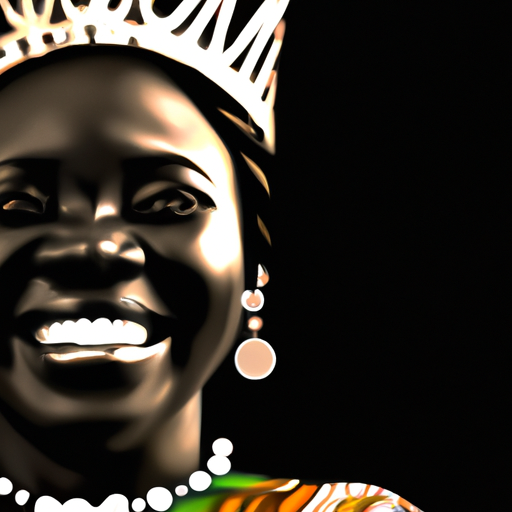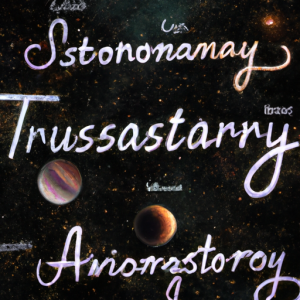Queen nzinga yetide badaki

Introduction
Queen Nzinga Yetide Badaki is one of the most fascinating personalities in African history. She was a warrior, queen, and diplomat who fought valiantly against Portuguese and European colonialism in 17th century Angola. Her remarkable life and legacy have been celebrated in recent times, not just in Africa but around the world. In this blog post, we will explore the fascinating life of Queen Nzinga Yetide Badaki, and some of the most important facts about her.
Who was Queen Nzinga Yetide Badaki?
Born in Ndongo (present-day Angola) in 1583, Nzinga Yetide Badaki was the daughter of King Kiluanji kia Samba of Ndongo. She grew up in a royal family, steeped in traditions of war and diplomacy. From an early age, Nzinga Yetide Badaki was trained in combat, warfare, and strategy. She excelled in these fields, and quickly made a name for herself as a warrior queen.
The Portuguese Invasion of Angola
In the 16th and 17th centuries, the Portuguese were rapidly expanding their colonial empire across the world. In Angola, they established a trading post in Luanda in 1575, and quickly began to spread their influence across the country. The Portuguese were brutal colonizers who enslaved and exploited the local population for their own gain. They captured vast numbers of Angolan men, women, and children, and forced them to work in the plantations and mines of the Portuguese empire.
Queen Nzinga Yetide Badaki realized that Ndongo was in danger of becoming another victim of Portuguese colonialism. She rallied her forces, and led a series of successful military campaigns against the Portuguese invaders. She cut off their supply lines, ambushed their troops, and used her knowledge of the terrain to her advantage. She inspired her people to join the fight against the Portuguese, and together they managed to hold off the invaders for several years.
Queen Nzinga Yetide Badaki’s Diplomatic Acumen
Queen Nzinga Yetide Badaki was not just a warrior queen, however. She was also a shrewd diplomat, and understood the importance of forging alliances with neighboring tribes and kingdoms. She formed an alliance with neighboring tribes, such as the Imbangala, and even married one of their leaders in order to secure their allegiance. She also managed to negotiate with the Portuguese, despite their brutal treatment of the Angolan people.
In 1627, Queen Nzinga Yetide Badaki famously met with the Portuguese governor, João Correia de Sousa, in Luanda. She arrived at the meeting dressed as a man, and refused to sit on the floor as was customary for African women. She demanded to be treated as an equal, and negotiated fiercely with the governor. She secured a treaty that recognized her as the Queen of Ndongo, and secured peace and prosperity for her people.
Legacy of Queen Nzinga Yetide Badaki
Queen Nzinga Yetide Badaki died in 1663, at the age of 81. She left behind a powerful legacy that has inspired generations of Africans and people around the world. She proved that women could be brave, intelligent, and powerful leaders, and that diplomacy and military might could work hand in hand. She remains a symbol of resistance against colonialism and oppression, and a feminist icon who fought for women’s rights and independence.
Queen Nzinga Yetide Badaki’s life has been celebrated in recent times, with a number of films, books, and documentaries serving to highlight the important contributions she made to African history. Her bravery, resilience, and determination continue to inspire people around the world, and her legacy will live on for generations to come.
Conclusion
In conclusion, Queen Nzinga Yetide Badaki was one of the most important figures in African history. Her bravery, intelligence, and diplomatic acumen saved her people from certain defeat at the hands of the Portuguese colonial invaders. Her legacy continues to inspire people around the world, and her story serves as a reminder of the importance of standing up to oppression and fighting for what is right.








